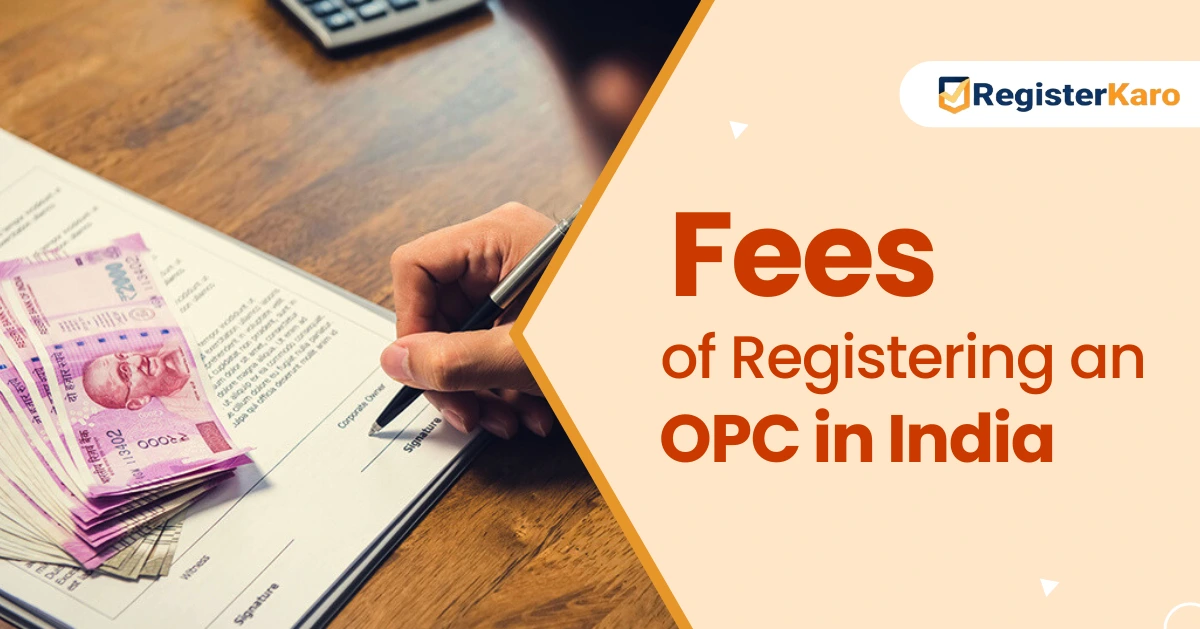Choosing to complete your OPC registration in Goa comes with a host of advantages that can significantly boost your business. Here are some of the key benefits.
-
Limited Liability for Your Business
This is perhaps the most important benefit. "Limited liability" means your financial responsibility for business debts is limited to the amount you have invested in the company. If the company faces losses or is unable to pay its debts, creditors can only claim the company's assets.
Your personal assets, such as your house, car, or personal bank accounts, remain completely safe. This protection provides peace of mind and encourages entrepreneurs to take calculated risks.
-
Easy to Manage and Operate
An OPC is the simplest form of a corporate entity to manage.
-
- One Director is Enough: You only need one director, who can also be the sole shareholder. In a private limited company, you need at least two directors.
- Fewer Meetings: There is no need to hold an Annual General Meeting (AGM).
- Simpler Compliance: The compliance requirements, such as filing annual returns, are less strict compared to other company types. This saves you time and money, allowing you to focus on growing your business.
-
Enhanced Business Credibility
A registered OPC is viewed as a more professional and trustworthy entity than an unregistered proprietorship. The name of your company will have "(OPC) Private Limited" at the end, which signals to clients, suppliers, and partners that you are a serious and formally recognized business. This credibility can help you win larger contracts and build stronger business relationships.
-
Access to Funding and Loans
Banks and financial institutions are more willing to lend money to a registered company than to a proprietorship. An OPC has a clear legal structure and is required to maintain proper books of accounts.
This transparency makes it easier for lenders to assess your financial health. While venture capitalists usually prefer private limited companies, securing a business loan to scale your operations is much easier as an OPC.
"Perpetual succession" means the company continues to exist even if the owner changes. In an OPC, you must appoint a nominee during the registration process. If something happens to you, the nominee steps in and takes over the company's affairs.
This ensures that the business you worked so hard to build does not come to a halt. It provides stability and a clear succession plan, which is not available in a sole proprietorship.











